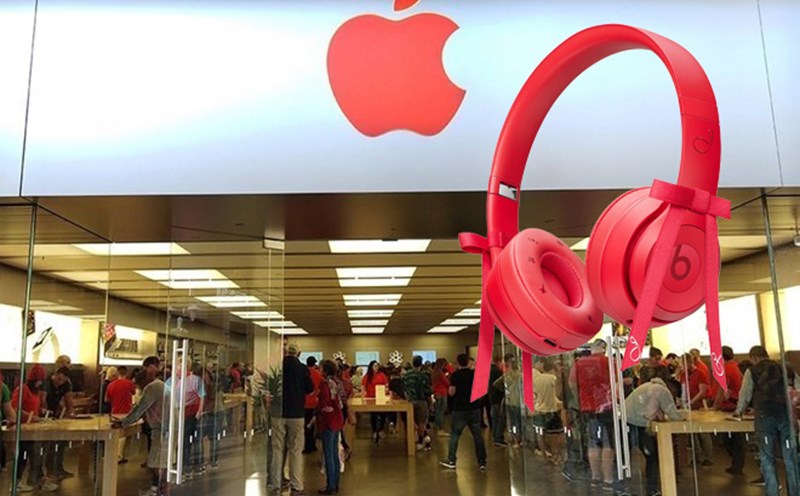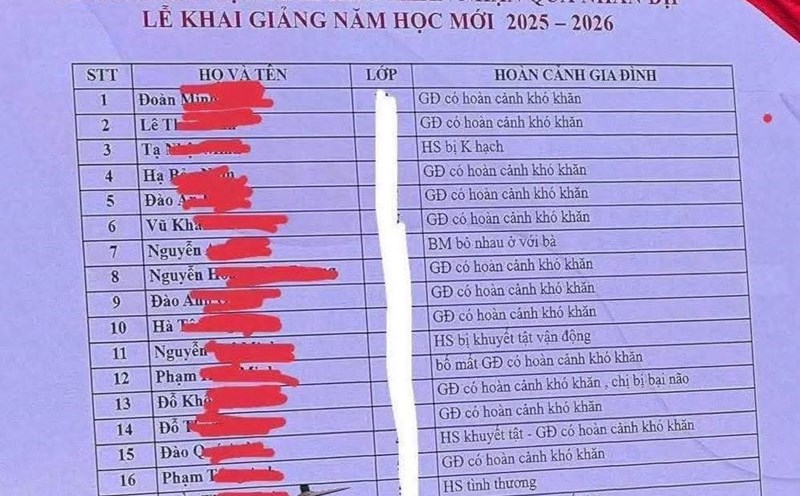Apple has just become the latest target in a series of lawsuits related to the use of copyrighted works to train artificial intelligence (AI).
The two authors Grady Hendrix and Jennifer Roberson filed a class action lawsuit in Northern California federal court, accusing Opposite of illegally using their books to train large language models called OpenELM.
According to the lawsuit, Apple has copied and exploited protected works without permission, without Author recognition, and without remuneration.
Apple has not tried to pay these authors for their contributions to this profitable project, the plaintiff emphasized.
Apple and its representative have not yet commented on the incident.
This is a new development in the wave of legal disputes related to intellectual property in the AI era.
Major technology companies are facing a series of accusations from authors, publishers and news agencies, saying that their works were exploited to train AI models without consensus.
Previously, the startup Anthropic (developer of AI Claude chatbot) agreed to pay 1.5 billion USD to settle a class action lawsuit against a group of authors whose books were illegally used.
This is considered one of the largest public copyright revoke deals ever, although Anthropic does not acknowledge legal liability.
Not only Apple and Anthropic, many other technology giants are also in trouble. In June, Microsoft was sued by a group of authors for allegedly using their books to train the AI Megatron model.
Meta Platforms and OpenAI (a company backed by Microsoft) have also faced similar lawsuits over the exploitation of copyrighted documents without permission.
In Apple's case, the plaintiff said their book was included in a training copyright infringement dat sets.
If the court accepted, the lawsuit could put great pressure on Apple as the company is stepping up investment in artificial intelligence to compete with industry rivals.
The case also shows an increasingly big challenge for the technology industry: how to balance AI development and respect the legitimate rights of authors and publishers in the data era.











